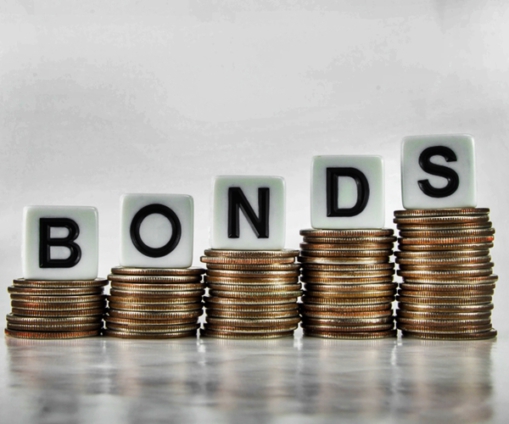Government will borrow ¢4.12 in fresh funds in the second quarter of this year, according to its issuance calendar.
In all, the government is planning to raise a total of ¢21.43 billion, with nearly 81% of the amount to be used to service existing debt.
The new funds is expected to finance government projects outlined in the 2021 Budget.
According to the calendar, the government will issue ¢11.3 billion via the 91-day Treasury bills, whilst ¢5.5 billion will be mobilized through the issuance of the 182-day T-bills. ¢1.57 billion is, however, expected to be raised from the one-year bill.
For the five-year bond, ¢2 billion is expected to be raised, whereas ¢1.0 billion will be mobilized through the issue of the seven-year bond.
Per this calendar, the 91-day and 182-day will be issued weekly, whilst the 364-day bill will be issued bi-weekly also through the primary auction with settlement being the transaction date plus one working day.
Securities of two-year up to seven-year will however be issued through the book-building method consistent with the Medium Term Debt Management Strategy (MTDS).
Government may however announce tap-ins/reopening of other existing instruments depending on market conditions.
The government assured all stakeholders and the general public that it continues to strive for greater predictability and transparency in the domestic bond market.
The calendar took into consideration government’s liability management programme, market developments (both domestic and international) and the Treasury & Debt Management objective of lengthening the maturity profile of the public debt.
Ghana’s debt hit ¢291.6 billion in December 2020
Ghana’s total public debt stock reached an all-time high of ¢291.6 billion in December 2020, approximately 76.1% of GDP, the Bank of Ghana said.
According to the figures, external debt alone stood at ¢141.8 billion, approximately $24.7 billion. This is also equivalent to 37.0% of GDP.
The domestic debt was however slightly higher at ¢149.8 billion at the end of 2020, about 39.1% of GDP.
The financial sector debt also stood at ¢15.3 billion in December 2020, but ¢100 million lower, from the September 2020 data. This is however equivalent to 4.0% of GDP.
Latest Stories
-
Gold Fields Ghana Foundation challenges graduates to maximize benefits of community apprenticeship programme
1 hour -
GBC accuses Deputy Information Minister Sylvester Tetteh of demolishing its bungalow illegally
1 hour -
Boost for education as government commissions 80 projects
1 hour -
NAPO commissions library to honour Atta-Mills’ memory
2 hours -
OmniBSIC Bank champions health and wellness with thriving community walk
2 hours -
Kora Wearables unveils Neo: The Ultimate Smartwatch for Ghana’s tech-savvy and health-conscious users
2 hours -
NDC supports Dampare’s ‘no guns at polling stations’ directive
2 hours -
Police officer interdicted after video of assault goes viral
2 hours -
KNUST’s Prof. Reginald Annan named first African recipient of World Cancer Research Fund
2 hours -
George Twum-Barimah-Adu pledges inclusive cabinet with Minority and Majority leaders
3 hours -
Labourer jailed 5 years for inflicting cutlass wounds on businessman
3 hours -
Parliament urged to fast-track passage of Road Traffic Amendment Bill
3 hours -
Mr Daniel Kofi Asante aka Electrician
3 hours -
Minerals Commission, Solidaridad unveils forum to tackle child labour in mining sector
3 hours -
Election 2024: Engagement with security services productive – NDC
3 hours

